
Microsoft no longer supports Windows 11 21H2 or Windows Server 2012
With the release of this month's security updates for Windows, Microsoft has brought to an end support for not only Windows Server 2012, but also Windows 11 21H2.
What this means for users of these versions of the operating system is that there will be no more updates of any sort made available -- and this means both security updates and non-security updates. For anyone who wants or needs to stick with Windows 2012, things could get expensive, but there are free upgrades available to those currently running Windows 11 21H2.

Get 'Mastering Windows Server 2022 -- Fourth Edition' (worth $39.99) for FREE
Written by a 10-time Microsoft MVP award winner with over 20 years of IT experience, Mastering Windows Server 2022 is a hands-on guide to administer any Windows Server environment.
Whether new to the server world or working to keep your existing skills sharp, this book aims to be referenced on a regular basis instead of gathering dust on your shelf. Updated with Server 2022 content, it covers a wide variety of information pertaining to your role as a server administrator.

Get 'Windows Server Automation with PowerShell Cookbook -- Fifth Edition' (worth $37.99) for FREE
The Windows Server Automation with PowerShell Cookbook is back with a new edition, featuring over 100 PowerShell recipes that will make your day-to-day work easier.
This book is designed to help you learn how to install, configure and use PowerShell 7.2 effectively. To start with, the book will explain how to install and configure PowerShell 7.2, along with useful new features and optimizations, and show you how the PowerShell compatibility solution bridges the gap to older versions of PowerShell.

Microsoft issues emergency patches for Windows Hyper-V problems
Earlier this month, Microsoft released the KB5021237 and KB5021249 updates which it later confirmed were causing Hyper-V issues for some users.
Now the company has now released a pair of out-of-band patches to address the virtual machine problems. The KB5022553 and KB5022554 updates have been issued as emergency fixes for affected systems.
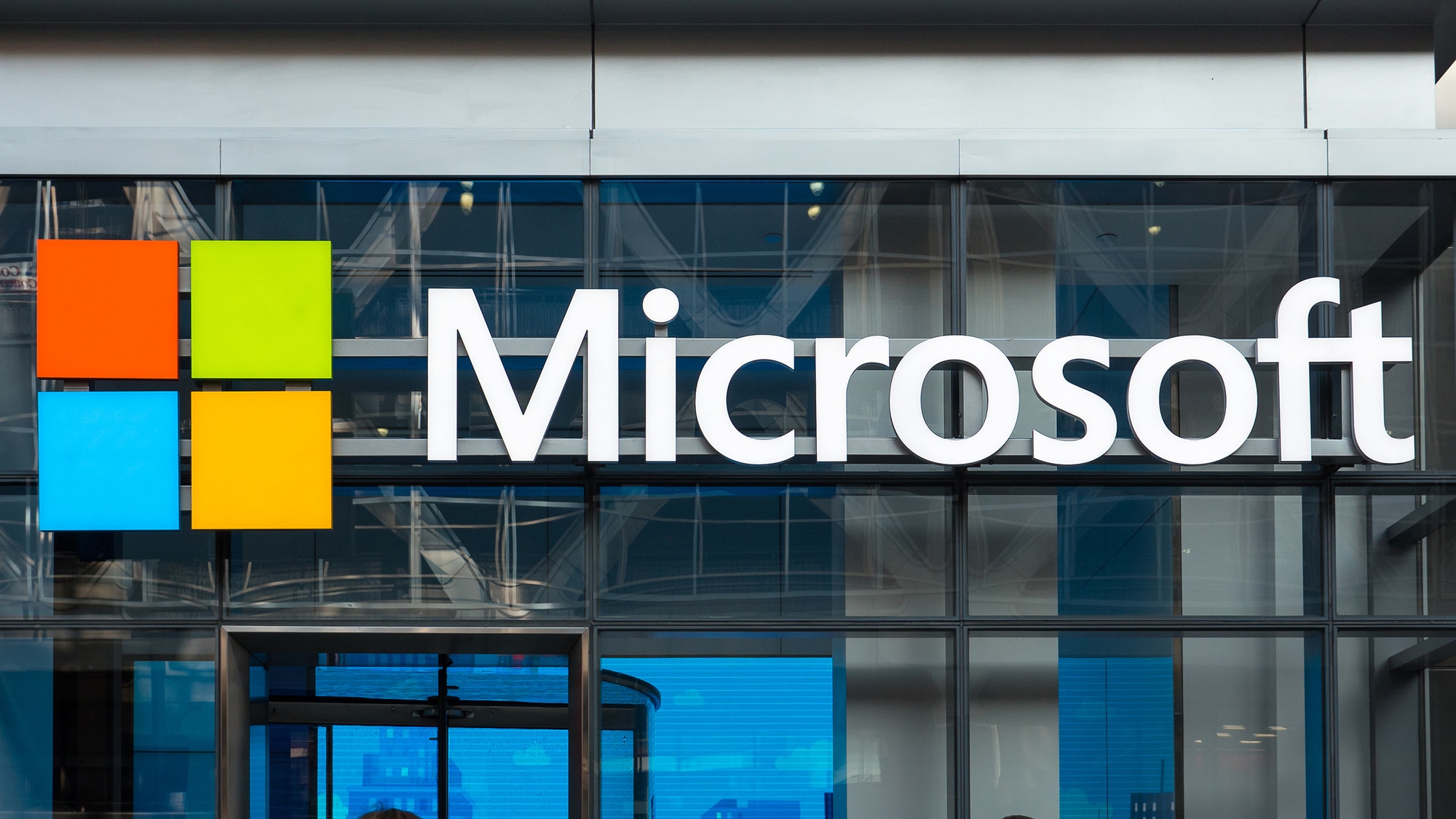
Microsoft warns that the latest Windows updates are breaking virtual machines
There are few Patch Tuesdays that are not swiftly followed by the discovery of problems caused by the updates that have been released. This December is no different.
Microsoft has confirmed that after installing the KB5021249 update, some users may experience a range of problems with virtual machines on some Hyper-V hosts.

Microsoft acknowledges Kerberos authentication issues caused by November updates
The torrent of problematic updates for Windows shows no signs of drying up. Since Patch Tuesday this month, Microsoft has already confirmed a Direct Access connectivity issue in various versions of Windows (which it sort of fixed by rolling back the update), now the company has issued a warning that this month's updates are also causing problems with Kerberos authentication.
Despite the fact the issue can lead to sign-in problems, failed Remote Desktop connections and printing not working, Microsoft is yet to offer either a fix or a workaround. Virtually every version of Windows is affected.
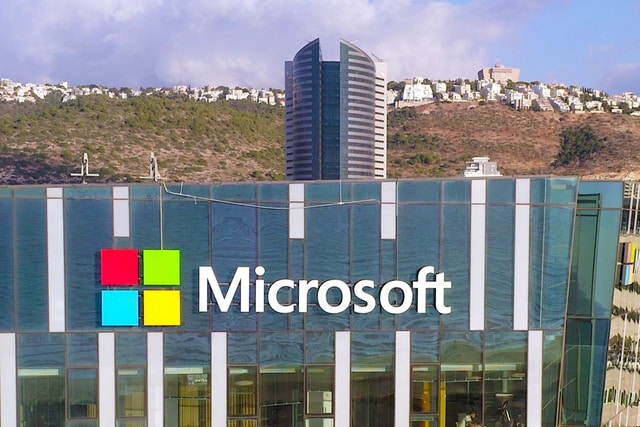
Microsoft warns that October 2022 security updates can cause problems joining domains in Windows 11 and older
Microsoft is warning users of every from Windows 11 down to Windows 7 that this month's security updates -- in particular the KB5018427 update -- could lead to issues joining a domain. The company says that those affected by the problem will see 0xaac (2732) errors.
Despite flagging the matter in the known issues section of Windows release health, Microsoft says that the behavior is intentional. There is, sadly, no proper fix right now, just some advice and workarounds -- but this should change soon.
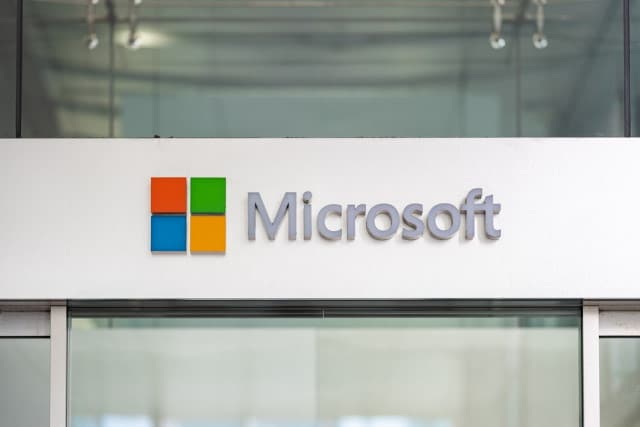
Microsoft brings WSL 2 distro support to Windows Server 2022
In a move that will please -- and surprise -- many, Microsoft has added WSL 2 distro support to Windows Server.
The new Windows Subsystem for Linux functionality is not available by default, as it requires the installation of a special update. This will be officially released on Patch Tuesday, but it is also available as a preview right now for anyone who does not want to wait.

Microsoft warns that KB5013943 update is causing authentication failures in Windows 11, Windows Server and more
Following the release of this month's Patch Tuesday updates, Microsoft has issued a warning that installing the KB5013943 update can lead to authentication issues for various Windows services.
The update was released on May 10, and was meant to -- among other things -- fix an issue with screen flicker in Safe Mode. But in addition to causing error messages for some users, the KB5013943 update has also led to authentication failures Windows domain controllers.
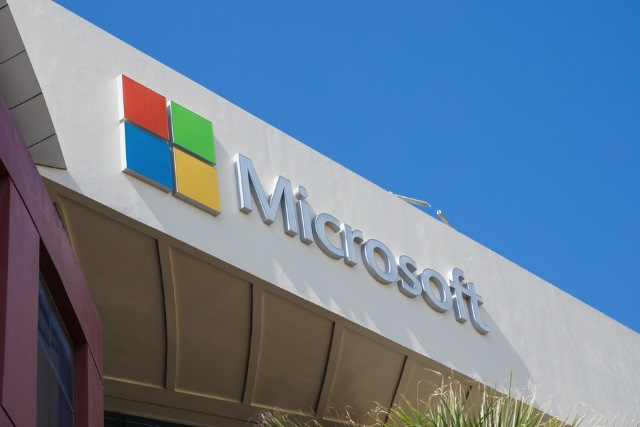
Microsoft confirms recent Windows updates cause problems establishing Netlogon secure channel connections
Microsoft has issued a warning to users of various versions of Windows Server that a recent update is causing problems with Netlogon connections.
Affecting Windows Server 2022, 2019, 2012 R2, 2012, 2008 R2 SP1 and 2008 SP2, the problem means that some applications and appliances on domain controllers may be unable to establish a Netlogon secure channel. Microsoft is blaming not only the KB5009555 update, but "updates released January 11, 2022" for the problem.
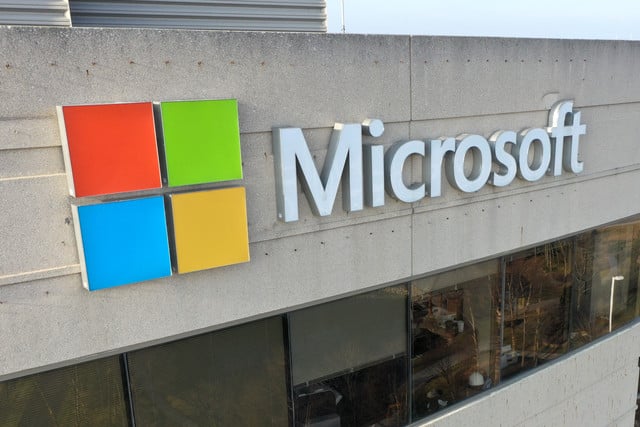
Microsoft re-releases KB5009624, KB5009557 and KB5009555 updates
The first Patch Tuesday of 2022 ended up being rather more dramatic that many would have expected -- and not for the right reasons. The company released the KB5009566 update which, along with another update, was later found to cause problems with VPN connections. But it was issue with Window Server updates that concerns system administrators.
No fewer than three updates were found to be problematic for different versions of Windows Server, ultimately leading to Microsoft halting the rollout of KB5009624, KB5009557 and KB5009555. And while the Hyper-V issues introduced by the patches are still to be fixed, Microsoft has nonetheless recommenced the rollout of the update, saying that it is investigating the problems.

Microsoft urges Windows users to patch critical HTTP vulnerability
Microsoft has fixed a critical vulnerability which affects several versions of its operating system including Windows 11 and Windows Server 2022.
The security bug is an HTTP vulnerability which is tracked as CVE-2022-21907 and Microsoft warns it is wormable. The company has issued a fix for the flaw and says that users should prioritize installing it to secure their systems.

Microsoft releases emergency KB5010196 and KB5010215 updates to fix serious remote desktop problems in Windows Server
Microsoft has issued an out-of-band update for Windows Server to address a problem with Remote Desktop that can prevent connections to a server.
There are two different updates available at the moment -- KB5010196 for Windows Server 2019, and KB5010215 for Windows Server 2012 R2 -- and Microsoft says that updates will be released for other affected platforms "in the coming days". As these are emergency, out-of-band updates, they are not currently available from Windows Update, and must instead be installed manually.

KB5007205 update for Windows is breaking Microsoft Defender for Endpoint
Microsoft has revealed that a recent update for Windows has been causing problems that could have left systems unprotected and open to attack.
After installing the KB5007205 update, some system administrators have found that Microsoft Defender for Endpoint fails. This makes something of a change from the printer problems that so many updates for Windows have caused in recent times, but there is currently no fix available.
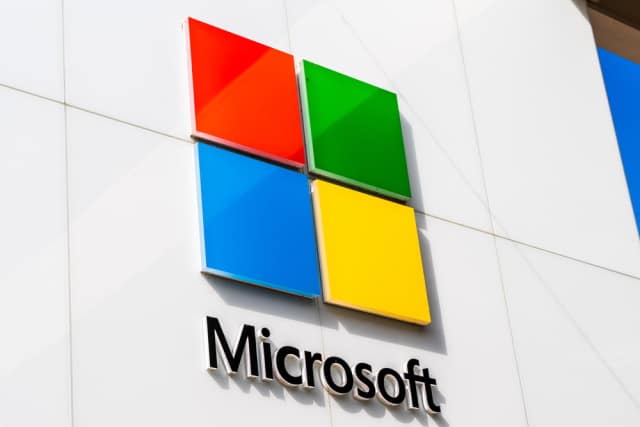
Microsoft releases out-of-band updates to fix Windows Server authentication problems
Microsoft has released a slew of emergency updates for various editions of Windows Server following the discovery of an authentication issue caused by this month's Patch Tuesday updates.
The updates (KB5008601, KB5008602, KB5008603, KB5008604, KB5008605 and KB5008606) are available for Windows Server 2008 SP2 up to Windows Server 2019. Although these are emergency, out-of-band updates, system administrators will still need to manually download and install them on affected domain controllers as Microsoft is not making them available via Windows Update.
